What is identity?
Identity includes both external and internal characteristics of oneself. External characteristics are those which a person has no control over, such as height, socioeconomic class, and race. If you are struggling with identifying with your race, ethnicity, or finding your cultural identity, click here to read more. Internal qualities include more abstract concepts like opinions, values, religious beliefs, and morals. These qualities serve as a guiding compass for how one lives and makes choices.
Identity can also be influenced by relationships with people in your life, such as your parents or your peers. If you’re struggling with your identity in relation to your family, such as differences in religion or beliefs, click here to read more about family and identity.













